University of Georgia Cooperative Extension Agent Frank Watson discusses the proper way to dispose of excess chemicals.
Published on 01/25/12
Use separate chemical sprayers when using 2,4-D
By Frank M. Watson
Frank Watson is the University of Georgia Extension agent in Wilkes County, Ga.
Authors:
Experts/Sources:
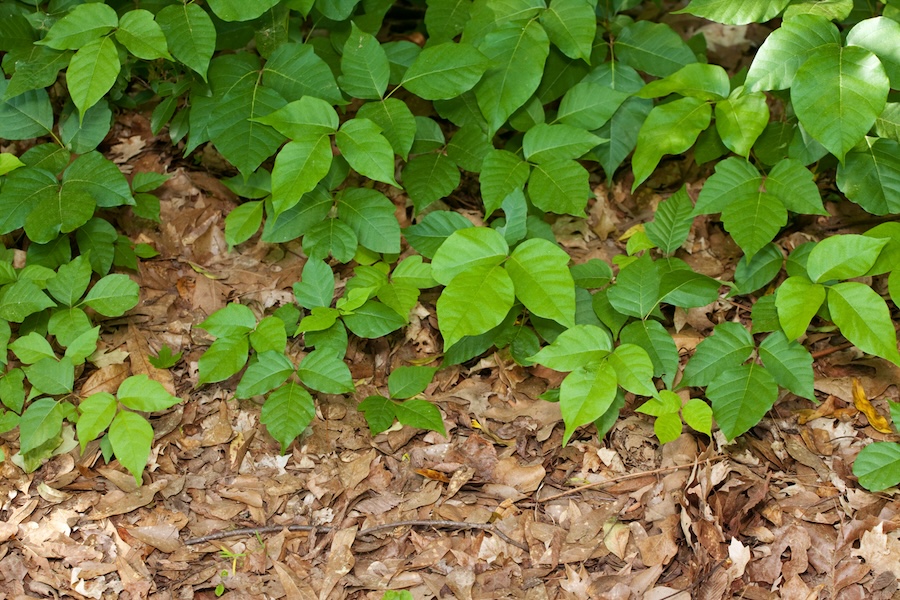 CAES News
CAES News
Detect and protect: Expert tips to identify and control poison ivy
07/18/24 Mark Czarnota
Poison ivy is a common poisonous plant in Georgia and is infamous for causing allergic reactions for as many as 50 million Americans annually. To manage it effectively and safely, it's important to understand its traits and use the right control methods to deal with this troublesome plant. Mark Czarnota, an associate professor in the University of Georgia Department of Horticulture, provides helpful tips to distinguish poison ivy from common look-alikes and shares several ways to control the irritating plant.
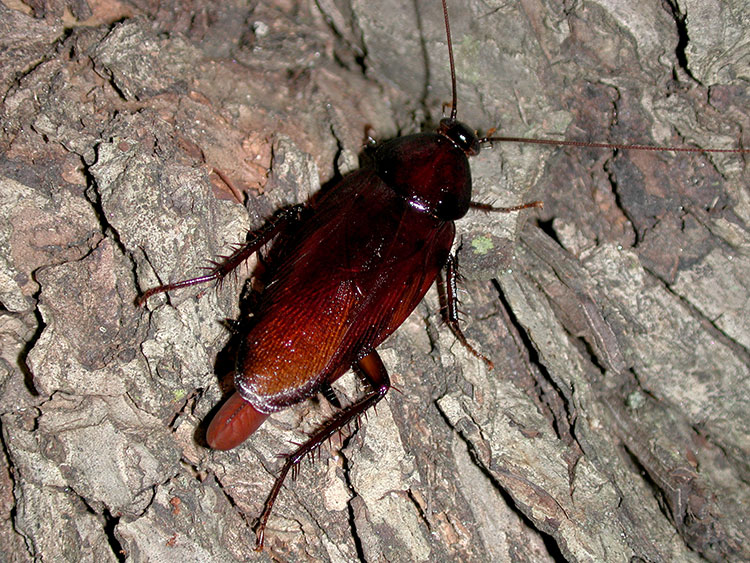 CAES News
CAES News
Is that a roach or a palmetto bug?
07/10/24 Maria M. Lameiras
It’s summertime, and there are a few things residents of the Deep South can count on this time of year — heat, humidity and insects. Fireflies and cicadas are popular topics these days, but of all the creeping, crawling, buzzing creatures that bug us, one is met with near-universal revulsion — the cockroach. Whether you’re new to the South or a lifelong resident, you’ve likely run into one of the several species of cockroaches that are common in the region.
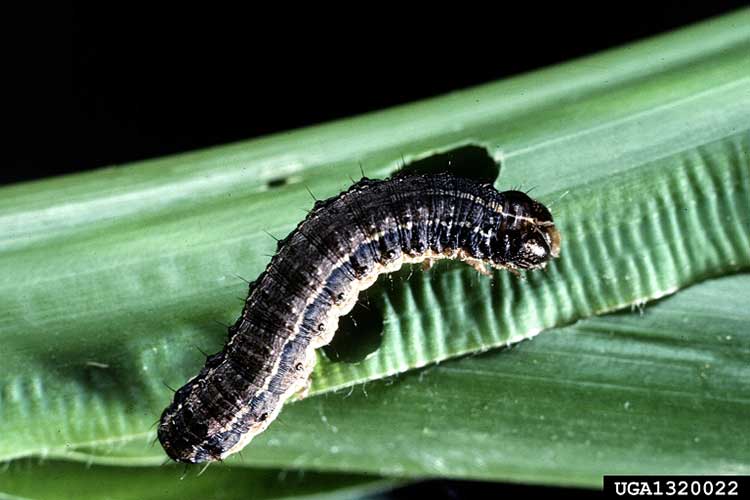 CAES News
CAES News
Armyworms are marching across Georgia turfgrass
09/02/22 William G. Tyson
Over the past couple of weeks, I have received numerous calls from curious homeowners and frustrated farmers regarding the dreaded fall armyworm. Damage to established turf is most often aesthetic. However, newly planted sod or sprigs can be severely damaged or even killed by fall armyworm feeding.
 CAES News
CAES News
UGA Extension welcomes new Pesticide Safety Education Program coordinator
08/17/22 Emily Cabrera
University of Georgia alumnus Allison Johnson joined UGA Cooperative Extension as the new Pesticide Safety Education Program (PSEP) coordinator on Aug. 1. The public service position is responsible for creating educational resources and training materials to help private and commercial pesticide applicators obtain proper certifications for the safe and effective use of pesticides throughout the state.
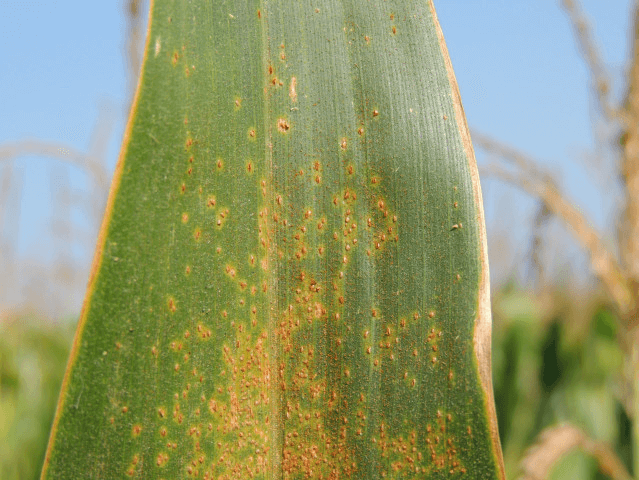 CAES News
CAES News
Southern rust still poses a threat to Georgia corn crop
07/20/22 Maria M. Lameiras
Georgia’s corn producers should be on alert for southern corn rust, a devastating disease that has been found in several Georgia counties this year, exacerbated by a warm La Niña winter and hot, humid conditions so far this season.
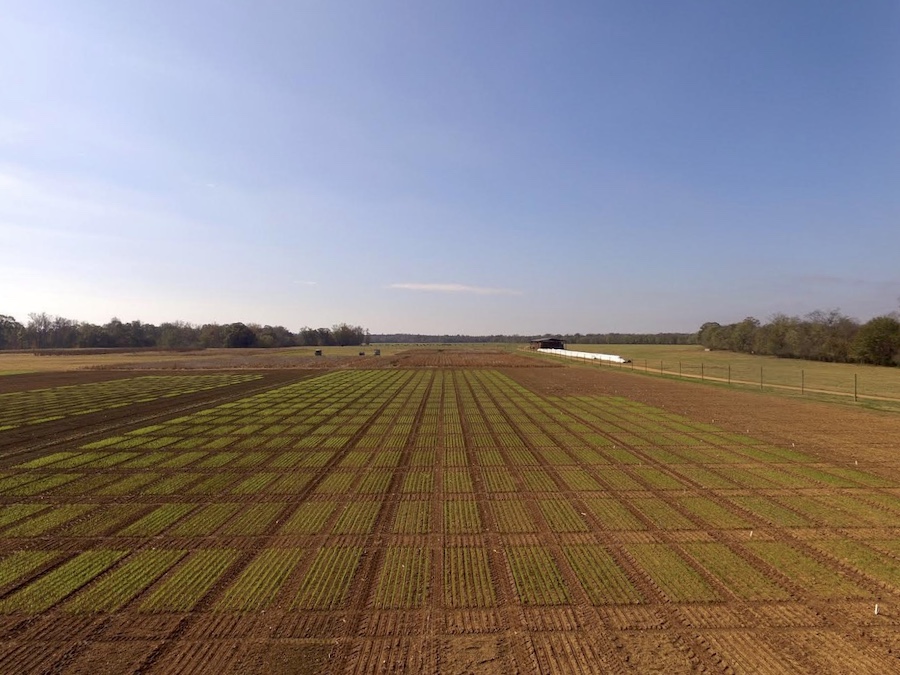 CAES News
CAES News
MyIPM app series expands to include row crops
05/25/22 Emily Cabrera
New insect wreaking havoc in your cotton field? Troublesome disease in your peanut stand you don’t recognize? No idea where to start? There’s an app for that.
